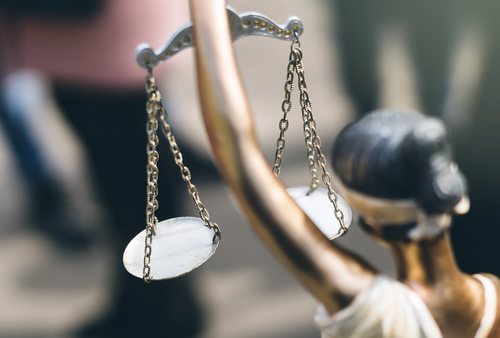There is no doubt that there has been a rise in veganism in the past few years that shows no signs of slowing.
Over half a million people in Britain now follow a vegan diet, with many also abstaining from consuming any animal products and items tested on animals.
The movement appears to be driven by young people – close to half of all vegans are in the 15 – 34 age group (41 per cent) compared to just 14 per cent who are over 65. And almost twice as many vegans are female – 63 per cent, compared to 37 per cent men.
The recent case of Casamitjana v League Against Cruel Sports has sparked much debate about whether ethical vegans are protected against discrimination in the workplace and indeed whether they should be afforded similar protection to religious groups.
The main piece of legislation that outlaws discrimination in the workplace is the Equality Act 2010 (the Act).
Although, the Act does not contain express protection for ethical vegans, it does protect individuals from being discriminated against (harassed, victimised or treated less favourably) by their employer on grounds of their religious or philosophical beliefs.
Mr Casamitjana’s case is due to heard on 17-18 October 2019 – the issue at this preliminary hearing is for the judge to decide whether ethical veganism amounts to a philosophical belief, and is, therefore protected in law.
Mr Casamitjana worked for the League Against Cruel Sports – an animal welfare charity. He was dismissed for gross misconduct. He claimed that he was dismissed because he alerted colleagues to the fact that his employer invested pension funds in companies involved in animal testing – which he had strong ethical objections to.
He argued that his dismissal amounted to discrimination on grounds of a ‘philosophical belief’.
The Equality Act does not define what amounts to a ‘philosophical belief’. However, the test applied has evolved from earlier cases. To succeed, an individual must establish the following:
- That the belief is genuinely held by him;
- Is a belief, as opposed to merely an opinion or view based on current information;
- It must relate to a weighty and substantial aspect of human life and behaviour;
- The belief must have a certain level of cogency, seriousness and importance;
- It is worthy of respect in a democratic society and is not incompatible with human dignity or rights.
Whilst the employer in this case is not a public body, it is worth noting that veganism is already considered a protected belief under Article 9 of the European Convention on Human Rights.
Article 9 provides a right to freedom of thought, belief and religion. As such, all public authorities and other bodies carrying out public functions have to act in accordance with the European Convention on Human Rights. This means that ethical vegans are already protected if discriminated against by public bodies or quasi-public bodies.
Also, the Equality and Human Rights Commission specifically cites veganism as an example of a non-religious belief, which falls within the umbrella of protection.
Many are eagerly awaiting the decision in this case. If Mr Casamitjana succeeds, the growing number of ethical vegans are likely to be afforded legal protection in the workplace. Employers will have to carefully consider whether their existing policies and practices are suitable for employees with ethical vegan beliefs and where necessary, make adjustments to ensure their policies and practices do not discriminate.
Homa Wilson is an employment law partner at London solicitors, Hodge Jones & Allen









